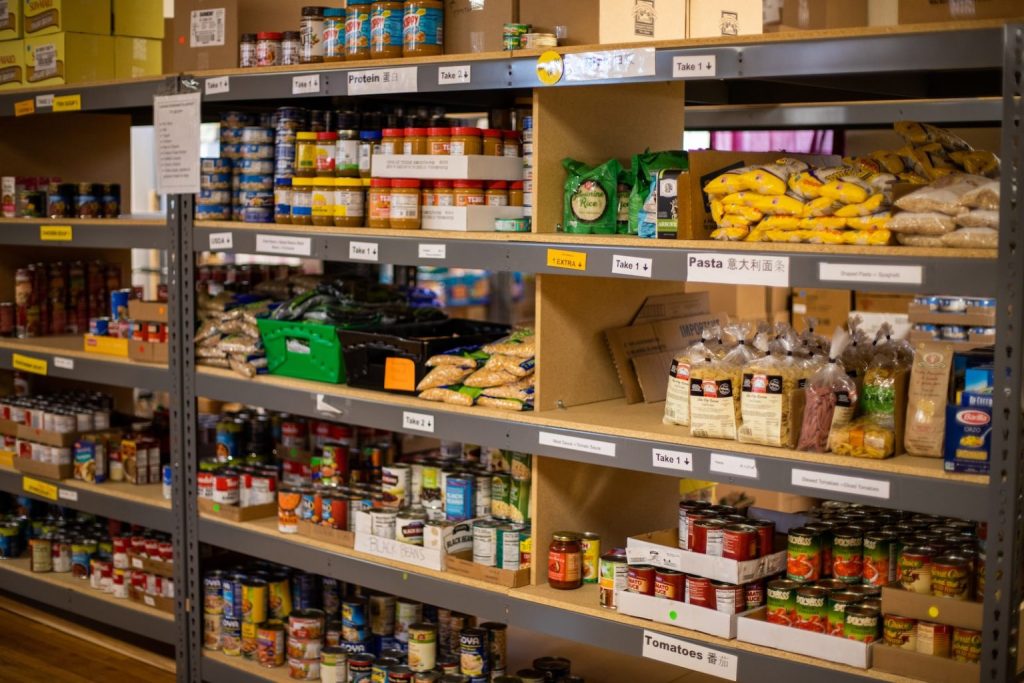As food prices keep rising and visits to food banks reach unprecedented levels, a significant number of Canadians are seeking a Prime Minister committed to addressing food insecurity. Food Banks Canada's recently released Election Report shows that 84 per cent of Canadians believe reducing hunger is a non-partisan issue that unites the nation.
In 2024, monthly food bank visits in Canada surged to two million, a startling increase highlighted in Food Banks Canada's Hunger Count 2024, which revealed that March 2024 saw 2,059,636 visits to food banks across Canada. This marks a six percent rise from 2023 and an alarming 90 percent increase since 2019.
In Toronto, the Daily Bread Food Bank experienced a dramatic increase in usage, recording approximately 600,000 visits in 2020. By 2024, that number soared to 3.75 million visits, with predictions indicating that this trend will continue into 2025. The increase in food bank usage reflects a growing concern regarding food insecurity across the country.
The report from Food Banks Canada emphasizes that the rise in food insecurity is at the forefront of voters’ concerns. “This is a time when we’re thinking about Canada’s future, and federal election candidates are sharing their views on what it means to build a more resilient and compassionate nation,” stated Food Banks Canada Chief Executive Officer Kirstin Beardsley in a press release. Beardsley noted that the data indicate strong public support for the goal of halving hunger by 2030, with eighty-six percent of poll respondents in favor of this objective.
The issue of food security was also addressed in a debate among local candidates in Thunder Bay, Ontario, on April 17. Liberal candidate Mark Powlowski emphasized the government’s Nutrition North program, which provides funding and support to Indigenous and northern communities to enhance their food sovereignty. In contrast, NDP candidate Joy Wakefield argued that defending supply management is crucial for protecting farmers in trade negotiations. “We have enough food in the world to feed everyone, but we don’t, and I echo those comments that it’s concerning,” she stated during the debate.
At a separate debate in Cambridge, Ontario, Conservative Party candidate Eric Duncan outlined his party's plan to tackle food insecurity alongside the rising costs of housing by proposing to remove GST from new homes and fully cut the carbon tax. This approach highlights a multifaceted strategy aimed at addressing the broader economic challenges that contribute to food insecurity.
The data from Food Banks Canada’s Election Report illustrates that food security is a pressing issue for Canadians of all regions and demographics. “The real catalyst to reducing hunger in Canada is all of us—the voters, making our voices heard,” Beardsley remarked. “No matter your party, make tackling hunger in Canada your voting priority. This election is about the kind of country we want to be, a Canada where no one goes hungry.”










